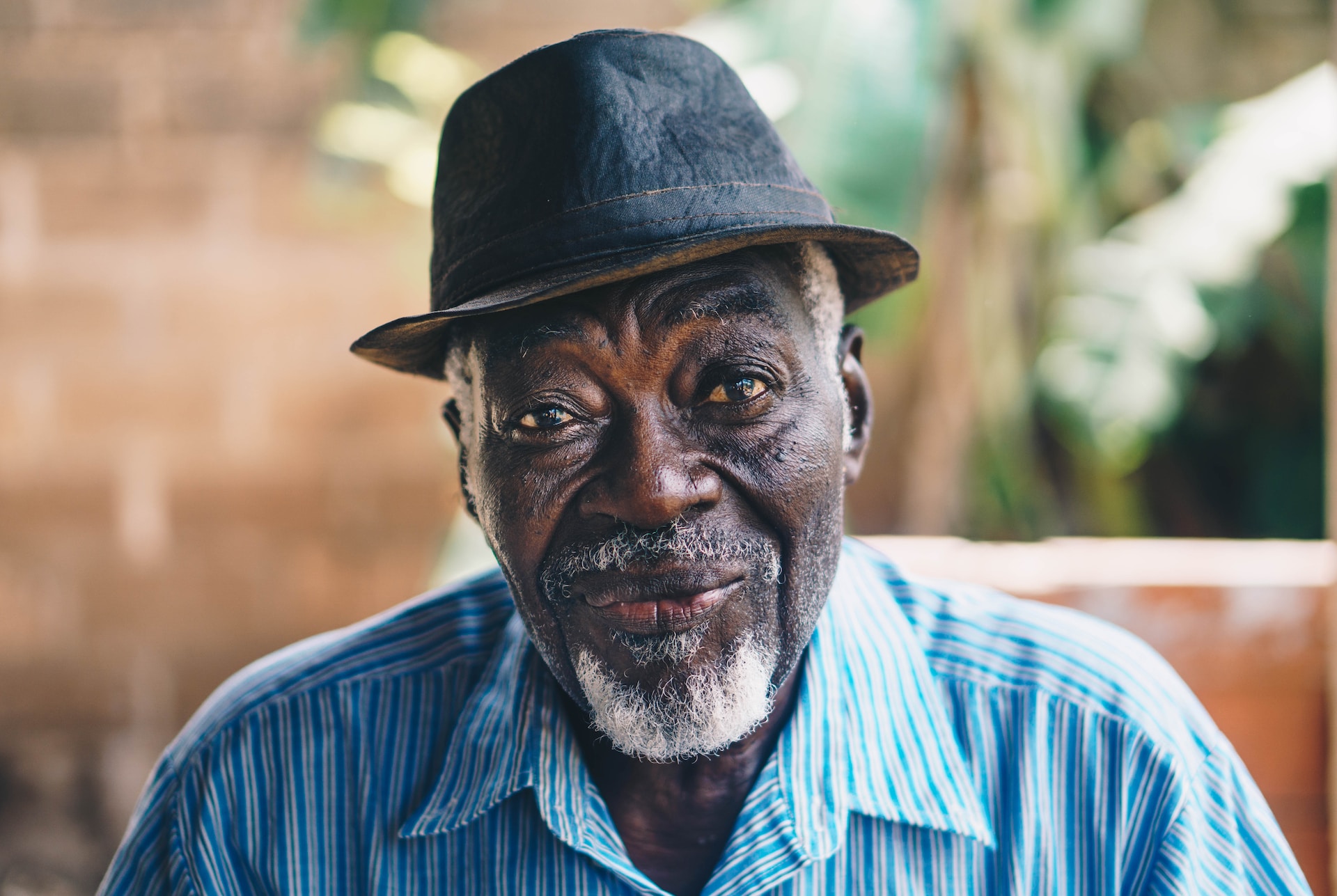The significance of research into aging and its effects on human health has grown in a society where people are living longer than ever before. Disorders associated with aging, physiologic decline, and disease vulnerability pose ongoing difficulties that call for creative responses. This article delves into gerontology and longevity science, illuminating the frontiers of knowledge that are transforming our perspective on aging and its effects on health and well-being.
Age-related disorders cause physiological deterioration and disease susceptibility. Telomeres, the protective caps at the ends of chromosomes, are critical to cellular, tissue, and organ aging. Oxidative stress, a mismatch between free radical production and antioxidant defenses, accelerates aging. Proper diet, including fruits, vegetables, whole grains, lean proteins, and healthy fats, helps prevent heart disease, diabetes, obesity, and some cancers. Disease prevention and optimum health require regular exercise.
Innovative cures and technologies to increase lifespan and health have been developed to pursue longevity. These innovative methods use science to fight age-related disorders and improve health. Senolytics selectively remove these senescent cells, regenerating tissues and maybe increasing a healthy lifespan. Genetic engineering and gene editing technologies like CRISPR-Cas9 have transformed biomedicine, enabling disease prevention and therapy. Running, swimming, and weight training improves fitness and lifespan.
The FOXO3 gene variation, for example, has been linked to enhanced lifespan and a lower risk of age-related disorders. Lifelong personalized medication Genetics and medical science have made individualized therapy possible. Senolytics selectively remove these senescent cells, regenerating tissues and maybe increasing a healthy lifespan. These medicines are being tested on people. Gerontology studies the social, psychological, biological, and demographic aspects of aging.
Geriatric medicine treats elderly people. Interventions and lifestyle changes can reduce aging and enhance health. Resveratrol, NMN (nicotinamide mononucleotide), and fisetin may promote lifespan in animals, but further study is needed to evaluate their safety and efficacy in people. Chronic stress can damage physical and mental health, reducing lifetime. Calorie restriction extends longevity in yeast, worms, flies, and mice.
Sleep is vital to health and life. Longevity research provides insights into aging, illness prevention, and optimal health. Start by adopting a healthy lifestyle with regular exercise, a balanced diet, stress management, and excellent sleep to incorporate longevity science into daily living. Gerontology is the scientific study of aging and the prevention and promotion of optimal human health. It uses biology, genetics, medicine, psychology, and sociology to study aging and create ways to live longer.
The aging population, medical research, and health concerns are raising awareness of gerontology. Understanding and addressing aging needs and problems can improve well-being and extend life. University and college gerontology programs examine aging. These programs teach students the biological, psychological, social, and environmental aspects of aging and how to deal with older individuals in many professions. Governments and healthcare institutions are realizing the need for policies and programs that promote healthy aging and meet older individuals’ special requirements.
Gerontology is essential to understanding and preventing disease, aging, and optimal health. Gerontology programs often encompass aging and society, biology, psychology, health, policy, and research methodologies. Field placements and internships give students hands-on experience working with older persons. Geriatric care managers, social workers, healthcare administrators, policy analysts, researchers, and educators are gerontology graduates. Gerontology programs vary by institution, so prospective students should research and consider the program’s focus, faculty expertise, and practical experience to find one that matches their career goals and interests.

